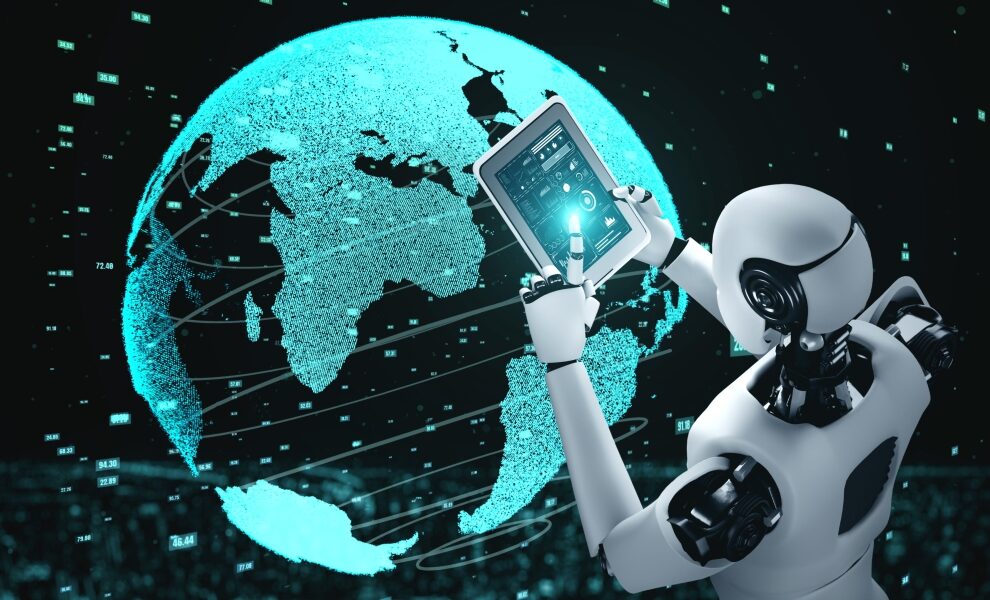Yes, we are going to discuss how artificial intelligence is going to affect our workforce, but it is definitely wrong to claim AI vs Human Intelligence to wipe out entire job sections.
If you read the title and reached here to understand if your job might be in jeopardy soon, welcome to the club!
In a recently concluded one-day conference on Artificial Intelligence, ML and its various applications in the work environment, data was polled from employment services about the nature of jobs, the tasks involved in them and which tasks can be performed better by AI, and it was concluded that there are certain applications in which Artificial Intelligence can perform better than humans while there are others which humans excel at in-comparison to AIs.
So the million-dollar question, what human applications are going to be AI applications?
Artificial Intelligence (AI) v/s Humans, Who Is Better?
In the aforementioned study, one very interesting fact came to light. Most tasks in which it was being claimed that AI will take over and the human involvement would diminish, thus wiping out the subsequent workforce, it just so happens that Artificial Intelligence can do the job better, yes, but it still needs a substantial amount of human involvement to get it done well.
AI-assisted robots are one such example from the manufacturing industry.
The robots nowadays with AI are manufactured more on the lines of being co-workers of humans, the only requisite here is the upskilling of the current workforce to be able to work in conjunction with AI for improved productivity and performance at the workplace.
Coming to the discussion of the upskilling of the workforce, it does not mean the involved workforce should learn about working on the AI-assisted workforce, but rather skill-up themselves on working in conjunction with them.
AI vs Human Intelligence
This is a unique opportunity where the workforce can perform as if the robots were another arm for them to perform.
The menial tasks such as heavy lifting as well as some delicate tasks of handling complex and sensitive items can be handled by the robots, thus pushing the levels of productivity to new highs.
This can help businesses provide much safer and comfortable working conditions for their employees.
And then arrives the ambiguity of the data ownership, since automation and digitization through AI and robots will generate a substantial amount of data.
To avoid the data wars, it is important that both parties involved, such as the Artificial Intelligence licensors and the licensees to come to an understanding as to who will be owning the data and which part shall be accessed by whom.
If we can get these concepts right, and ensure we have a workforce that can work in conjunction with the AI, we can have workplace harmony without having to worry about job security for humans.
You may also like to Read:
Is Artificial Intelligence all Set to Disrupt Digital Marketing?


